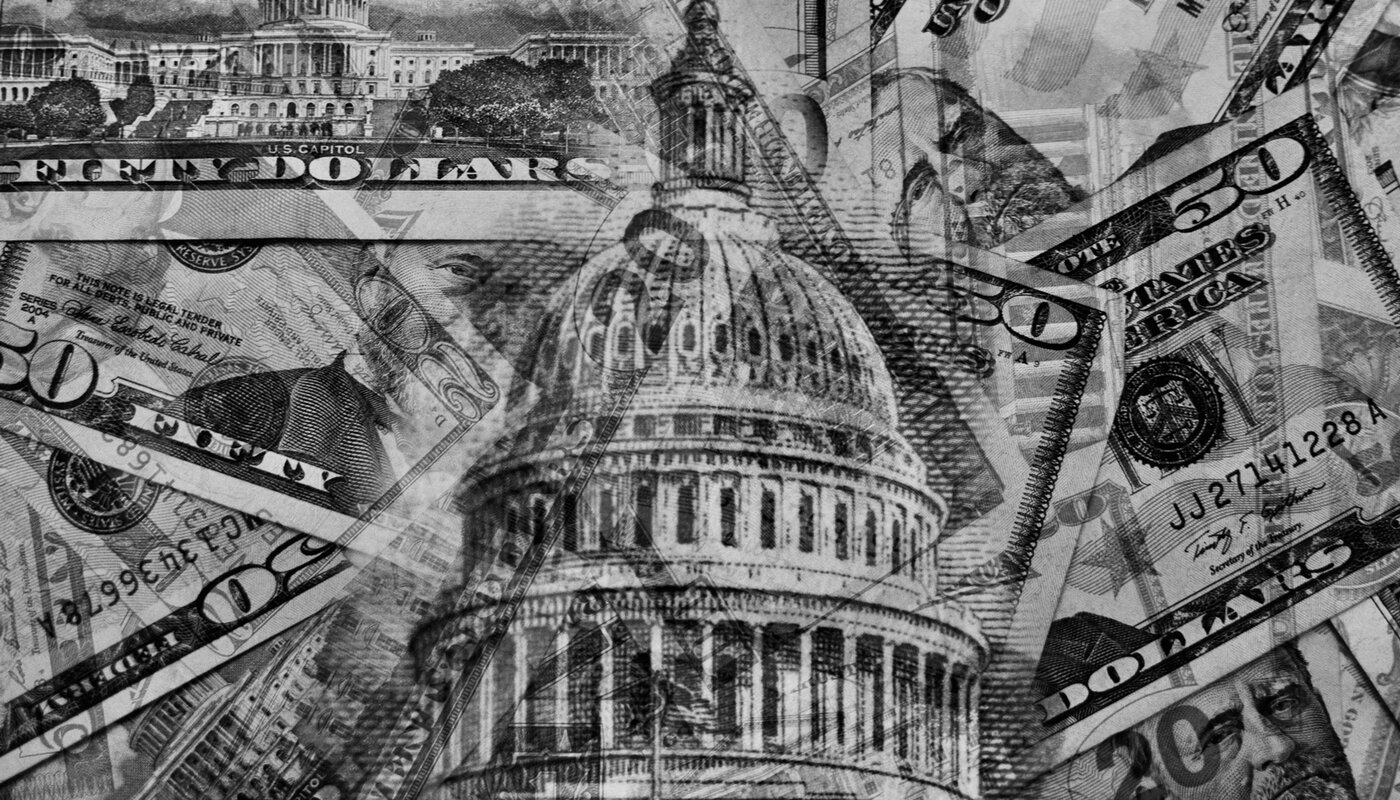Citizens United v. Federal Election Commission, the Supreme Court’s controversial 2010 decision that swept away more than a century’s worth of campaign finance safeguards, turns 15 this month. The late Justice Ruth Bader Ginsburg called it the worst ruling of her time on the Court. Overwhelming majorities of Americans have consistently expressed disapproval of the ruling, with at least 22 states and hundreds of cities voting to support a constitutional amendment to overturn it. Citizens United reshaped political campaigns in profound ways, giving corporations and billionaire-funded super PACs a central role in U.S. elections and making untraceable dark money a major force in politics. And yet it may only be now, in the aftermath of the 2024 election, that we can begin to understand the full impact of the decision.
Citizens United, while purporting to address the specific issue of corporate speech, effectively invalidated almost all limits on so-called independent political spending (i.e., money that doesn’t go directly to a candidate or party, although it is often spent in close cooperation with them). The decision ushered in an era in which super PACs — outside groups that can fundraise and spend without limit as long as they maintain some notional separation from campaigns — now deploy massive amounts of money to influence American elections. Most of it comes from a minuscule group of the wealthiest donors and special interest groups, whose political influence has greatly expanded, as has the potential for political corruption.



